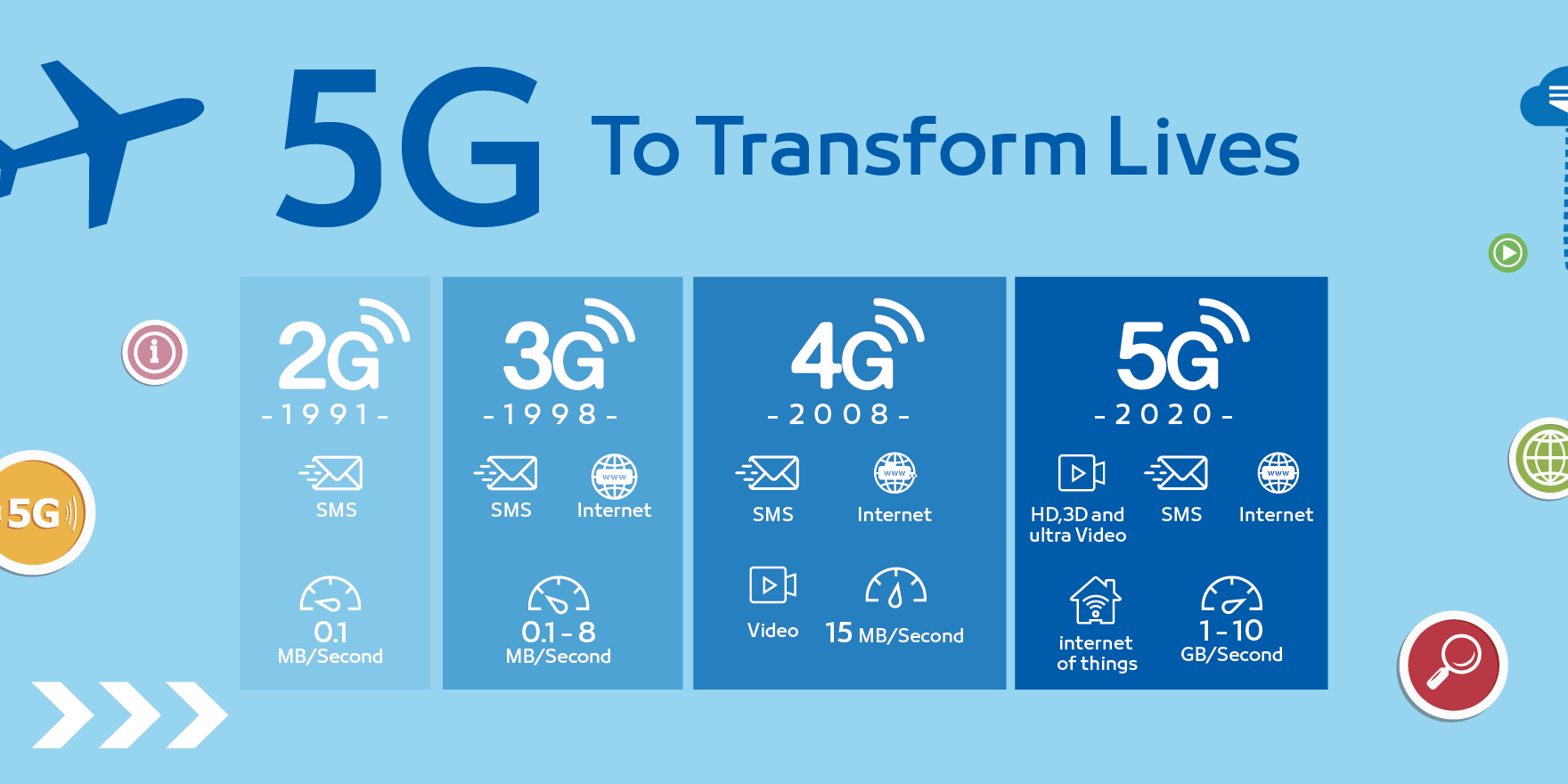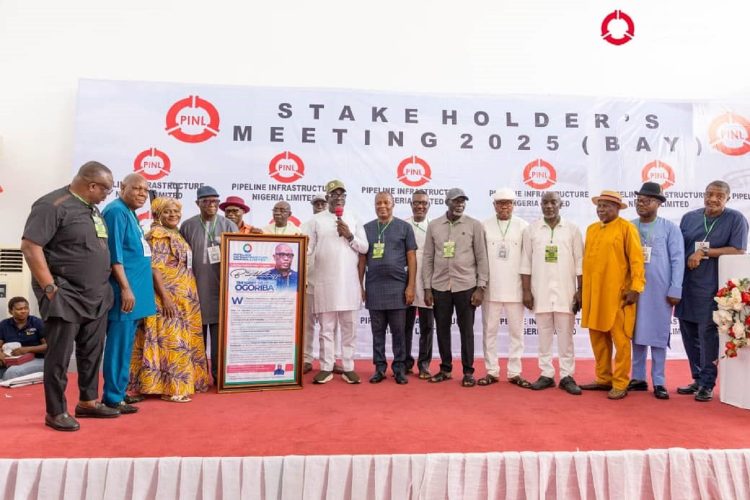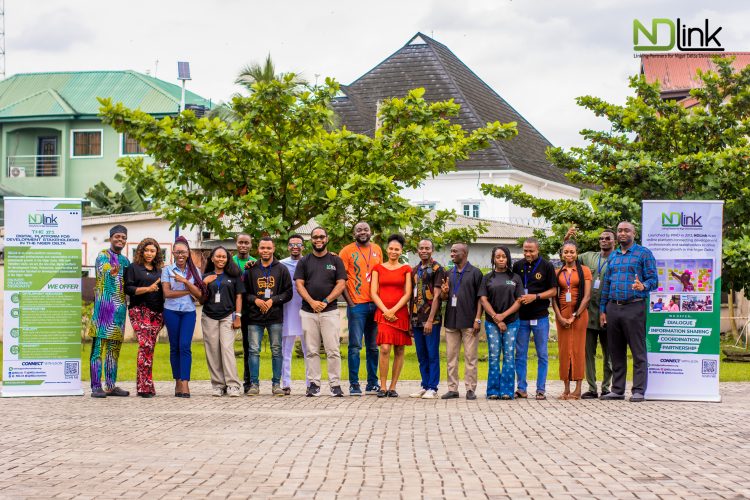
Digital Markets to Generate Employment, Boost Economic Growth in Africa
March 28, 2019
How 5G can advance the SDGs
March 29, 2019Coca-Cola, Unilever, Nestle and Diageo Launch Africa Plastics Recycling Alliance
Global consumer goods companies operating across Africa have launched the Africa Plastics Recycling Alliance (APRA) in an attempt to intensify plastic recycling in sub-Saharan Africa. This took place on March 25 at the Africa CEO forum in Kigali, Rwanda.
The Alliance covers various plastics and recycling value chains from manufacturing and processing to branding and recycling, a collaborative effort that seeks to improve living conditions by solving the problems associated with plastics. The Alliance is made up of multinational companies Nestle, Unilever, The Coca Cola Company and Diageo – with a shared vision to explore the untapped potential in plastics recycling at the same time tackle plastic pollution.
APRA aims to turn the current challenge of plastic waste in Sub Saharan Africa into an opportunity to create jobs and commercial activity by improving the collection and recycling of plastics. The Alliance intends to achieve this through an intensive framework which targets sustainable solutions to achieve their common goal.
The companies will facilitate and support their local subsidiaries to engage proactively in market level public-private partnerships, industry collaboration, and alliances.
They will share knowledge, encourage innovation and collaborate on technical and other solutions appropriate for Sub-Saharan Africa as well as participate in local pilot initiatives.
EDITOR’S PICK: USAID transmission roadmap guides electricity development in Africa
Opinion: How innovators are responding to the changing nature of work
US invests $24m to boost local enterprises, farming in Nigeria
Within the markets they operate in, the companies will also engage with the investment community, policymakers and others to accelerate the development and financing of the necessary waste management infrastructure and systems.
“Plastics will remain an important packaging material if we are to give African consumers the safe and affordable products they need. However, we need to ensure that the packaging used ends up in the right place. Unfortunately, a lack of collection and recycling capacity in many African markets coupled with growing populations is creating a growing problem of plastics waste.”
“We see an opportunity to tackle that problem in a way that creates jobs and reduces dependency on imported materials while alternatives to plastics are developed. Collaboration within and across markets will be key to success so we are proud to launch the Africa Plastics Recycling Alliance today to increase those efforts and play our part as companies in finding solutions that work for Africa.”
Each APRA member has corporate level commitments, including previous initiatives geared towards transforming the plastics recycling infrastructure across Sub-Saharan Africa and beyond. They are signatories to global collective action – New Plastics Economy Global Commitment, under which they carry out developed initiatives and comprehensive plans.
Unilever projects that by 2050, it will achieve 100 percent recyclable or reusable and 25 percent recycled content. Also, the company plans to reduce packaging weight by one third by 2020. Meanwhile, Diageo plans to reduce total packaging weight by 15 percent by 2020 and also increase recycled content to 100 percent by 2030. Nestle, on the other hand, aims to make 100 percent of its packaging reusable or recyclable by 2050. Coca-Cola plans to recycle the equivalent of every bottle or can it sells globally by 2030, produce packaging that is 100 percent recyclable by 2025 and to use at least 50 percent recycled material in packaging by 2030.
This collaboration comes at a time when plastics are recognized for their value, and recycling is getting more attention than before. Although companies in Africa including Wecyclers have developed strategies to push plastics recycling beyond known factors like non-compliance, there is still much to do especially in infrastructure.
Culled from – venturesafrica
Picture credit – waste360.com








